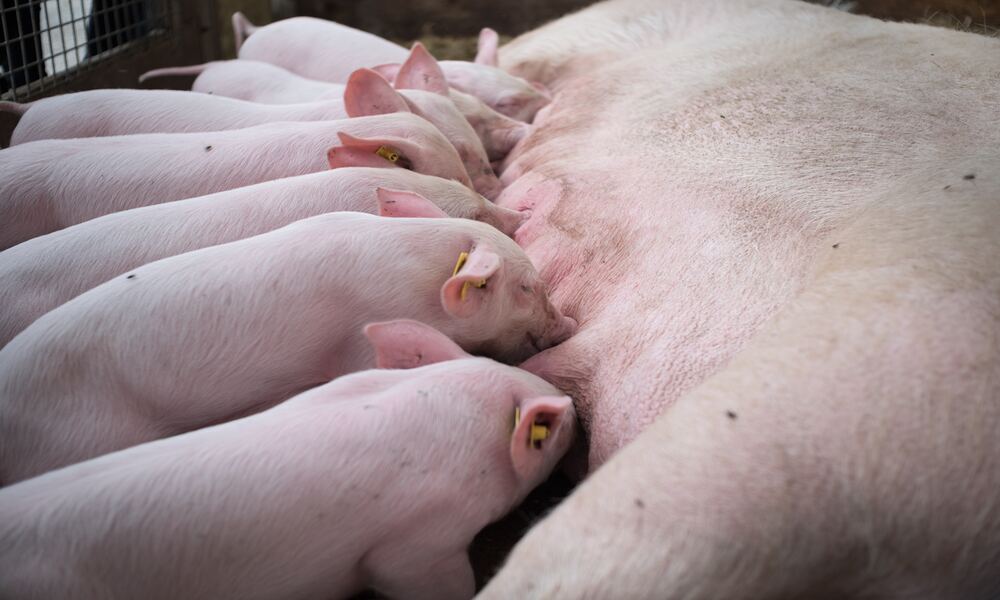In the face of a worsening climate crisis, more businesses are setting net zero targets. Agriculture in particular is being shaped by the drive toward environmental sustainability, especially since the NFU has set a 2040 net zero target.
However, according to a new report, the UK’s livestock sector must accelerate innovation if it’s going to meet its net zero goals. The report, commissioned by the Centre for Innovation and Excellence in Livestock, warns that in the area of carbon dioxide equivalent emissions, current technology and practices could only deliver a 24% reduction in CO2 emissions. 64% is the goal.
This means that a further 40% emission reduction is needed. Bridging this gap is a challenge for everyone involved in the UK food system, as excessive emissions and nutrient losses are a serious threat to food sustainability.
Agriculture’s contribution to climate change
Agriculture plays a huge part in everyday life, from producing more than half of the food we eat to employing nearly half a million people. As a result of its often intensive operations, the sector produces 11% of the UK’s total greenhouse gas emissions, of which 55% are methane. Methane is 28 times more potent than carbon dioxide and is a significant contributor to global warming. Unsurprisingly, the most emission intensive agricultural sectors per kilo of output are beef and lamb production.
Innovation: The route to sustainable farming?
To be more sustainable and hit net zero targets, innovation is needed to help speed progress, according to the newly-released report. The report highlights the need for innovation in health and genetics, nutrition, waste, and land management. It suggests that:
For health and genetics: Innovations focused on improving animal health and immunity through vaccination against endemic disease or prophylactics could makinge livestock farms more productive while reducing resource use, costs, and emissions.
Innovations in genetic improvement could reduce costs through efficiency gains as well as focusing specifically on lowering methane emissions.
For nutrition: Introducing less resource intensive protein feeds could significantly reduce emissions.
For waste: Focusing on better manure management could help reduce emissions. For example, introducing innovations like plasma treatment of slurry.
For Land: Better manure management could help mitigate emissions by returning carbon back to the soil. Optimising soil carbon sequestration by growing multispecies swards and forage crops can also help.
The role of on-farm data
Every farm business is complex and there are so many variables, from farming practices to conditions. Any innovations must be underpinned by capturing the right data at farm level. Having the right data on hand will pinpoint anywhere farmers need to be more efficient for the good of their businesses and the planet.
Farmers need support
Climate change is the one of the biggest challenges we face today. However, for farmers, the transition to more sustainable farming practices will be difficult without support.
While huge change is absolutely needed if the livestock sector is going to achieve its net zero targets, farmers can’t do it alone. There needs to be support from key players and collaboration across the supply chain and beyond.
When our MD attended Groundswell recently, he heard the same thing time and time again from farmers: ‘ I want to be more sustainable, but where on earth do I start?’
This is where government and farming leaders come in; to make sure investment is made in innovation to help farmers reduce emissions and to support them in the transition.
Sources:
Net Zero and Livestock: Bridging the Gap, CIEL (Centre for Innovation and Excellence in Livestock), July 2023.
Shaping Agriculture’s Transition to Net Zero, Lloyds Bank.





